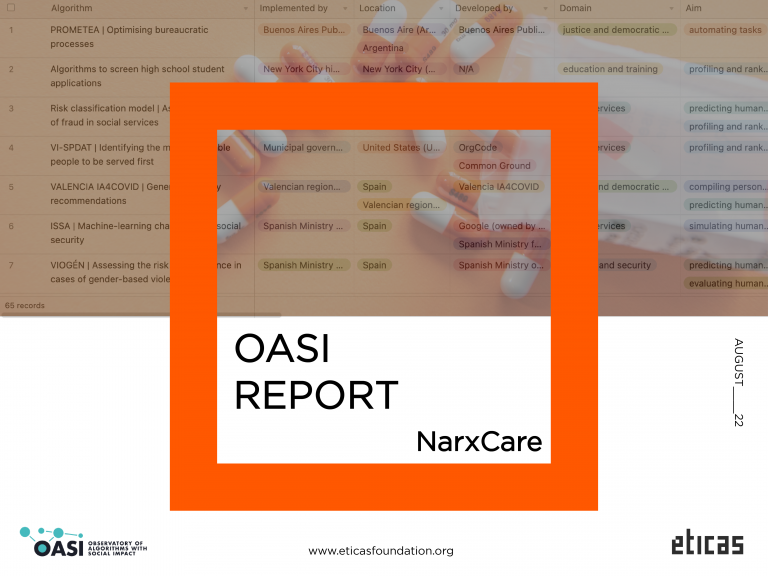
A 2018 study from the Center for Investigative Reporting stated that African-Americans and Latinos were far more likely to be denied conventional mortgages than whites even when income, loan size, and other factors were taken into account.
The Reveal Study found that affordable mortgages issued in historically black neighborhoods to comply with the reinvestment act were going to white newcomers instead of longtime black residents. This accelerated a pattern of gentrification that forces out black residents (Glantz and Martinez, 2018).
It was discovered that Upper-income black people were even more likely to be denied loans, as compared to similarly situated whites, than lower-income black people were to their white counterparts. This underscored yet again that African-Americans cannot escape economic discrimination simply by becoming wealthier, especially when financial institutions persist in punishing them for living in majority-minority neighborhoods (The New York Times Editorial Board, 2018).
By denying African-American families mortgage credit, the financial industry also denies them the opportunity to accumulate household wealth -part of the reason that white median family net worth is nearly 10 times that of black families. Beyond that, the decision to withhold credit from minority neighborhoods has turned too many of them into hollowed-out areas with high poverty, failing schools, lower property values and a markedly worse quality of life.
Banks often claim that they deny mortgages in minority communities based on credit scores but that claim is almost impossible to check, given that the credit scores are not publicly available. Beyond that, the credit scores used in the mortgage process work against minority applicants by not taking into account data on how reliably they pay rent, utility and cellphone bills (ibid).






